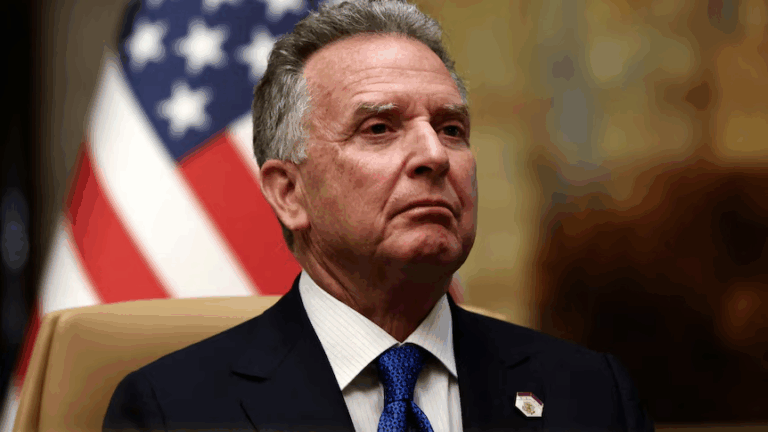Recent revelations by The Wall Street Journal suggest that officials within the Trump administration have considered proposals to de facto recognize Crimea as part of the Russia in exchange for potential concessions from Moscow on other fronts. If confirmed, such a move would represent a seismic shift in U.S. foreign policy, marking a break from decades of legal principles defending territorial integrity.
This paper analyzes the implications of the proposal from the perspective of international law, examines historical precedents for similar deals, and outlines the risks and consequences for the United States, especially in the context of the Trump administration’s broader foreign policy posture and its controversial relationship with the Kremlin.
II. Crimea Under International Law
1. Clear Violation of Sovereignty
- Under international law, Russia’s 2014 annexation of Crimea is unequivocally illegal:
- It violates Article 2(4) of the UN Charter, which prohibits the acquisition of territory by force.
- The 1994 Budapest Memorandum, signed by the U.S., UK, and Russia, explicitly guaranteed Ukraine’s territorial integrity in exchange for surrendering nuclear weapons.
2. Precedent for Irreversibility of Aggression
- International legal norms hold that illegal occupations cannot be legitimized ex post facto—recognizing Crimea’s annexation would set a dangerous precedent akin to accepting:
- Iraq’s occupation of Kuwait (1990),
- Turkey’s control over Northern Cyprus (post-1974),
- Or Israel’s claims over East Jerusalem and the Golan Heights (which the Trump administration controversially recognized).
III. Historical Precedents and Patterns
1. Cold War Bargains with Aggressors
- There have been few historical cases of the U.S. recognizing land grabs by major powers:
- In 1940, the U.S. refused to recognize the Soviet annexation of the Baltic States—a position that held until their independence in 1991.
- Recognizing Crimea now would reverse a key precedent of U.S. resistance to territorial aggression.
2. Precedents in U.S. Foreign Policy Under Trump
- The Trump administration recognized Israeli sovereignty over the Golan Heights—a territory seized in war—breaking with international consensus.
- This may reflect a pattern of unilateral redefinitions of international borders, bypassing multilateral diplomacy.
IV. Risks and Consequences of the Proposal
1. Strategic Blow to International Norms
- Recognition would undermine the principle of territorial integrity enshrined in international law and weaken the post-WWII legal order.
- It would encourage other authoritarian states, like China or Turkey, to pursue territorial revisionism with the expectation of eventual Western acceptance.
2. Alienation of Allies
- Ukraine would see such a move as a betrayal by its most important partner.
- NATO and EU allies—especially Eastern Europeans—would likely view the shift as capitulation to Russian aggression, undermining transatlantic cohesion.
3. Internal Political Fallout
- Domestically, such a move would provoke bipartisan backlash and raise questions about Trump’s motivations, especially given ongoing concerns about his ties to Moscow.
- It would severely damage the credibility of U.S. support for democracy and rule of law globally, especially among countries vulnerable to authoritarian pressure.
V. Alignment with Russian Objectives: Coincidence or Convergence?
1. Russia’s Long-Term Goal
- Since 2014, the Kremlin has demanded international recognition of Crimea as a precondition for any lasting peace with Ukraine.
- The WSJ-reported U.S. proposal echoes Russia’s language, treating Crimea’s annexation as a fait accompli and suggesting focus should shift to Donbas or sanctions relief.
2. Strategic Realignment or Concessions?
- It is unclear whether this alignment reflects a deliberate shift in U.S. strategy, a transactional foreign policy logic, or personal deference to Putin.
- The Trump administration has, at times, pursued policies that closely mirror Moscow’s strategic preferences, from delaying aid to Ukraine to questioning NATO’s utility.
VI. Potential Consequences for the Trump Administration
1. Accusations of Appeasement or Collusion
- The proposal risks reinforcing narratives of pro-Kremlin sympathies that have haunted Trump’s presidency since 2016.
- It could fuel new investigations, Congressional inquiries, and scrutiny from the intelligence community.
2. Electoral Repercussions
- While Trump’s base might not object, independent and moderate voters could interpret the move as abdication of American leadership.
- Ukrainian-American and Eastern European diaspora communities would likely mobilize politically against such a policy shift.
Recognizing Crimea as Russian territory would constitute one of the most profound violations of post-WWII U.S. foreign policy doctrine—one that risks legitimizing land grabs, alienating allies, and empowering authoritarianism worldwide. While the Trump administration may frame it as “pragmatic realism,” such a policy aligns almost perfectly with Kremlin demands and undermines the very system of norms the U.S. helped create.
If pursued, this course could mark the end of U.S. leadership in defending sovereign borders, and signal to adversaries that force can, in fact, be rewarded with recognition.
1. Reaction from Ukraine and Regional Players
- Ukrainian perspective: Highlight how such a proposal would not only be seen as a betrayal, but also undermine Zelenskyy’s negotiating position and domestic legitimacy.
- Impact on Poland, the Baltics, and Moldova: These states see Crimea as a litmus test for Western resolve. Add a short section on how they may adjust their defense postures or diplomatic engagement in response to a U.S. shift.
🛡️ 2. The Long-Term Strategic Cost to U.S. Global Leadership
- If the U.S. gives up on Ukraine’s territorial integrity, what message does that send to Taiwan, South Korea, or Israel?
- Could this proposal feed into a global perception of American unreliability, creating opportunities for China and Russia to present themselves as more consistent (albeit authoritarian) partners?
⚖️ 3. More on International Legal Reactions
- What would the International Criminal Court or UN General Assembly likely do if the U.S. recognized Crimea as Russian?
- Would this legitimize secessionist movements elsewhere, such as in Kosovo, South Ossetia, Abkhazia, Transnistria, or Nagorno-Karabakh?
🤝 4. Link to Trump’s Diplomatic Style and Legacy
- Position this move within a broader analysis of Trump’s transactional approach to foreign policy—“deal-making” instead of norm-building.
- Consider how this fits with past decisions: Golan Heights, Jerusalem, withdrawal from Syria, etc.
- Was this part of a broader attempt to “reset” relations with Putin before the 2020 or 2024 elections?
📽️ 5. Intelligence Community and National Security Community Response
- This kind of proposal likely triggered alarm inside the Pentagon, State Department, and CIA.
- Adding speculative or sourced commentary (even paraphrased) about internal dissent could enrich the narrative—especially if some saw this as a green light to Russian expansionism.
🧭 6. Possible Russian Reaction
- While the Kremlin would likely welcome it, would such recognition actually make Moscow less aggressive, or embolden it further (e.g., in southern Ukraine, Donbas, or Transnistria)?
- What would Russia give in return—if anything? This could lead into a critique that the U.S. is giving up a key bargaining chip for free.
The Trump administration’s inclination toward a pro-Russian stance on Crimea can be explained through a mix of ideological, strategic, personal, and transactional motivations. Here’s a breakdown of why this happened:
🇺🇸 1. Transactional Foreign Policy Logic: “Deals, Not Principles”
Trump’s worldview often prioritized deal-making over values or norms. In this framework:
- Crimea was seen as a “done deal,” and pushing Russia to return it was viewed as wasting leverage.
- Some in the administration may have believed that recognizing Crimea could “buy” Russian cooperation on other issues like Iran, Syria, arms control, or oil markets.
- This is pure realpolitik: drop an “unwinnable” issue in exchange for strategic gains elsewhere.
🡺 The problem: Russia offered no concrete concessions in return, making the idea one-sided and dangerous.
👤 2. Trump’s Personal Admiration for Authoritarian Strongmen
Trump repeatedly expressed public sympathy and admiration for Vladimir Putin, often echoing Kremlin talking points:
- He questioned why the U.S. opposed Crimea’s annexation when “the people there speak Russian.”
- He dismissed NATO as “obsolete” and often sidelined traditional allies in favor of bilateral deals—many of which played into Russian interests.
🡺 This personal affinity with Putin likely influenced policy instincts and overshadowed security warnings.
🕵️ 3. Distrust and Alienation from the U.S. Foreign Policy Establishment
Trump viewed the State Department, CIA, and Pentagon with deep suspicion—especially when they contradicted his instincts:
- He clashed with career diplomats and intelligence officers, many of whom saw Russia as a primary threat.
- Recognizing Crimea might have also been an act of defying the “deep state” that he believed undermined him.
🡺 Ironically, this made the Trump administration more susceptible to Russian strategic narratives.
📺 4. Russian Influence Operations and Political Optics
Although evidence of direct collusion remains debated, the Kremlin had a clear interest in Trump’s election and worldview:
- Russian propaganda promoted narratives that delegitimized Ukraine and justified Crimea’s annexation.
- Trump’s public alignment with these views often paralleled Russian disinformation.
🡺 Even unintentionally, Trump often echoed pro-Kremlin talking points, which helped legitimize them globally.
🗳️ 5. Domestic Political Calculations
- Some in Trump’s circle may have believed that normalizing ties with Russia would be a political win—projecting Trump as a “peacemaker” who could succeed where Obama and Bush failed.
- Others thought that focusing on China as the primary threat required setting aside conflicts with Russia.
In both cases, Crimea was seen as an “acceptable casualty” in a broader geopolitical pivot.
The Danger of This Logic
- The strategy ignored long-term risks, including alienating allies, undermining international law, and encouraging further aggression.
- It also empowered authoritarian regimes by showing that territorial conquest might be eventually rewarded with recognition.
If we take the WSJ report at face value and assume the U.S. was genuinely considering recognizing Crimea as Russian territory, then yes, it would signal a partial surrender to Russia’s strategic goals, at least in the Crimean dimension of the conflict.
In What Ways This Could Be Seen as a Surrender
1. Abandoning Ukraine’s Core Demand
- Ukraine’s entire war effort—diplomatic, military, and political—has revolved around restoring territorial integrity, starting with Crimea.
- For the U.S. to recognize the annexation would be abandoning that position—effectively telling Ukraine: “We won’t back you on this anymore.”
2. Rewarding Aggression
- It would validate Russia’s “land by force” doctrine—justifying future actions in eastern Ukraine, Transnistria, South Ossetia, and elsewhere.
- It sends the message: “If you can hold it long enough and make the world tired, the West might eventually give in.”
3. Breakdown of U.S. Leadership
- For decades, the U.S. led a global coalition against the use of force to redraw borders.
- Reversing that position means the U.S. walks away from the system it helped build after WWII.
But It’s Not a Total Surrender—Yet
It’s important to note:
- The proposal wasn’t implemented—public outcry, internal dissent, and geopolitical risks may have stopped it.
- The U.S. has continued to support Ukraine with military aid, sanctions against Russia, and diplomacy.
- On other fronts (Donbas, NATO expansion, sanctions), the U.S. has not conceded.
So, if anything, this was an attempted concession, possibly a trial balloon, not a full capitulation.
⚠️But Strategically, It’s a Dangerous Precedent
Even floating this idea sends signals:
- To Russia: “Just wait us out—we’ll get tired.”
- To Ukraine: “We may not support you forever.”
- To allies: “We may deal behind your backs.”
- To other aggressors (China, Iran): “You can reshape borders if you’re patient and ruthless.”
So while not a total surrender, it is certainly a strategic retreat from principle, and one that could unravel years of Western policy if it becomes official.

More on this story: The Broken Easter Ceasefire: Russia’s Rejection of Restraint in Ukraine
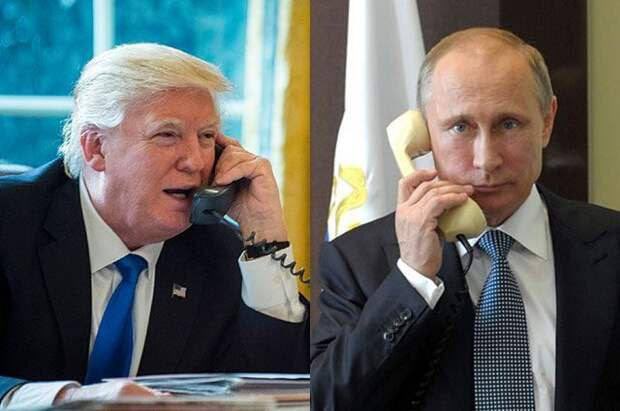
More on this story: Russia’s Defiance: The Aftermath of Trump-Putin Phone Talks
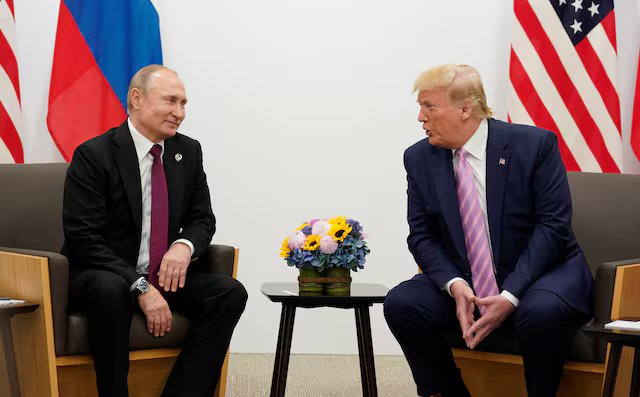
More on this story: Kremlin’s Strategy: Leveraging Diplomacy to Justify the Next Phase in Ukraine
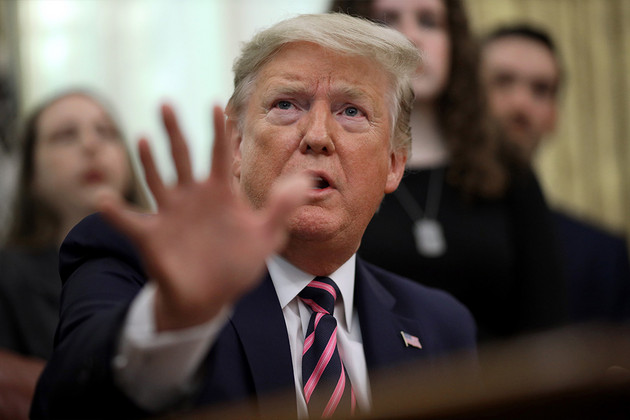
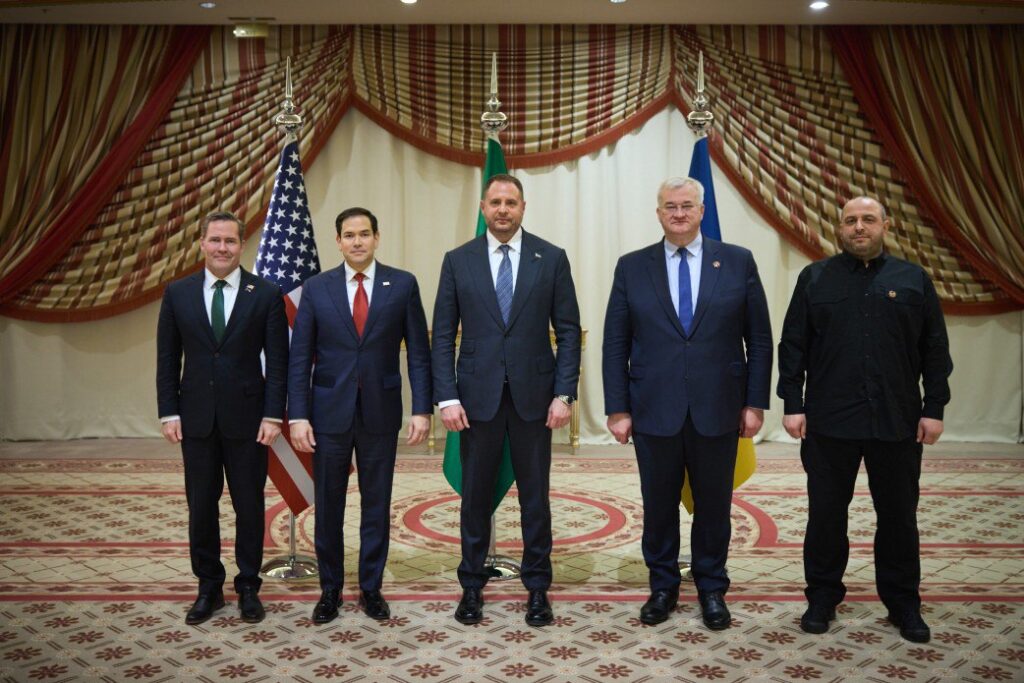
More on this story: Russia’s Road to a Renewed Offensive: Timeline and Strategic Challenges”


